Τα μέρη της ψυχής και η επιθυμία του αγαθού στην Πολιτεία
Ενότητα:
Άρθρα του περιοδικού "Φιλοσοφία"
Χρονολογία έκδοσης περιοδικού
2003
Περισσότερα...
Τύπος
Επετηρίδα
Συγγραφέας
Rowe , Christopher
Περισσότερα...
Τίτλος άρθρου/ανακοίνωσης
Τα μέρη της ψυχής και η επιθυμία του αγαθού στην Πολιτεία
Γλώσσα: Ελληνικά, Νέα (1453-)
Θεματική ενότητα άρθρου/ανακοίνωσης
Πλατωνική Φιλοσοφία
Ηθική
Γλώσσα άρθρου
Ελληνικά - Νέα (1453-)
Αγγλικά
Περίληψη άρθρου
In the Lysis, in the Symposium, apparently in the Republic, and less conspicuously elsewhere, Socrates - or in the case of the Symposium, (what I take to be) his spokeswoman Diotima - commits himself to the view that all desire is for the good. The question addressed by my paper will be what exactly he means by this, and whether he means the same thing on all occasions. My claim will be that he means one thing in the Lysis and the Symposium, and another quite different thing in the Republic. In the first two of these dialogues, h means exactly what he says: all our desires, always, are directed towards the real good. In the Republic, by contrast, he introduces - in Book IV - some desires that he specifically says are not directed towards the good; I claim that he cannot, then, mean what he appears to say in Book VI, when he describes the good as that «which every soul pursues, and does everything for the sake of this...» (505 d 11- e 1). So what does he mean, and why does it matter? In fact, I suggest, the two passages in the Republic represent one of the key moments in the whole platonic corpus: nothing less than the moment when the author - Plato - switches decisively from one (less familiar) kind of theory of moral action, and one way of thinking of human beings, to another (and more familiar).
Λέξεις -κλειδιά
Ψυχή
Αγαθό
Πολιτεία
Επιθυμία
Creative Commons
Αναφορά Δημιουργού - Μη Εμπορική Χρήση - Παρόμοια Διανομή 4.0 Διεθνές - CC BY-NC-SA

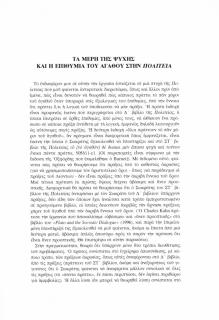
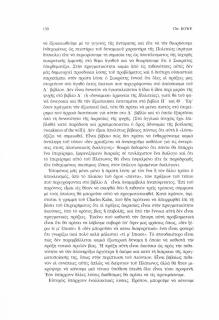
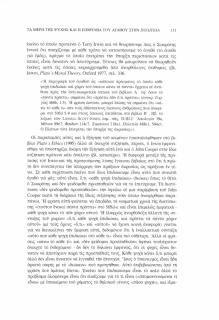
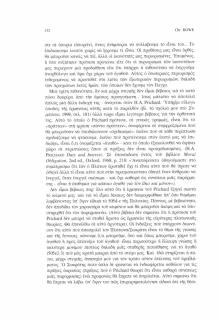
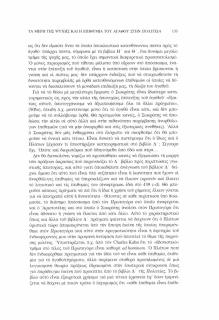
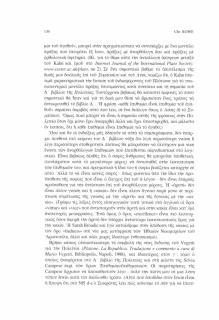
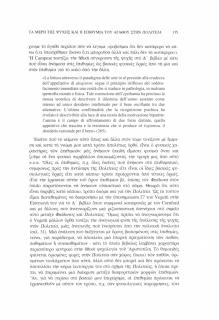
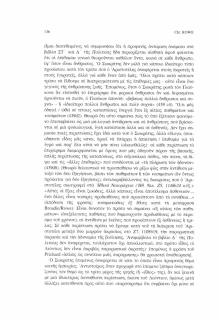
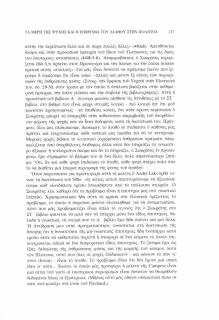
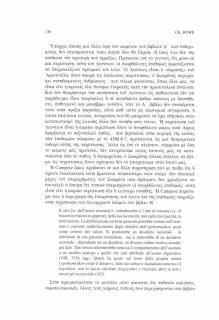
 Look inside pdf
Look inside pdf